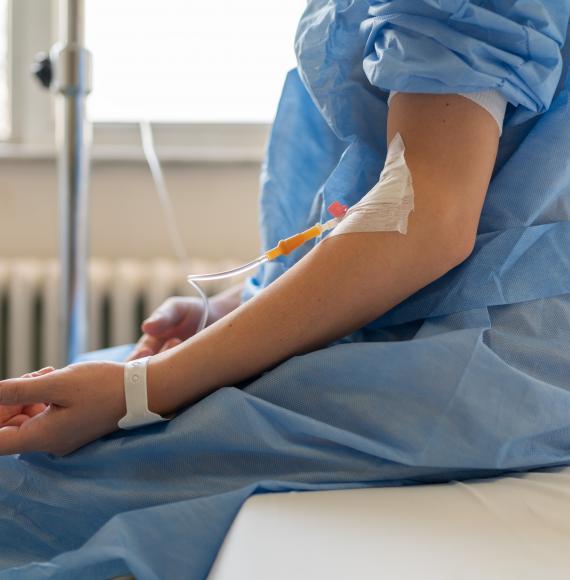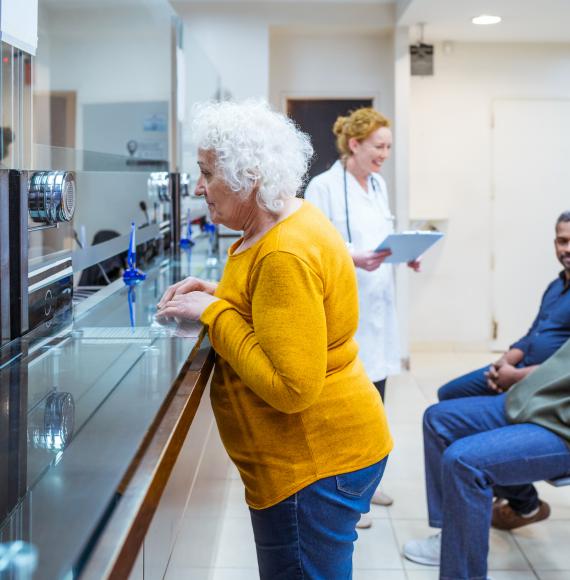Women experiencing the menopause, fertility problems, miscarriage and pregnancy loss, menstrual health and gynaecological conditions in the workplace are set to be supported by new funding for voluntary, community and social enterprise (VCSE) sector organisations.
Funding grants between £200,000 and £600,000 per applicant will be available over the next three years to develop and expand projects that aim to tackle the aforementioned issues.
Developing on the government’s aspirations in the Women’s Health Vision to help women in the workplace reach their full potential, the grant fund aims to ensure:
- Women feel supported in the workplace
- Taboos are broken down through open conversation
- Employers feel well equipped to support women in managing their health within the workplace
Minister for Women’s Health Maria Caulfield said: “Women’s health should not impact their employment opportunities. This grant funding will ensure the voluntary, community and social enterprise sector is able to better support women who are experiencing reproductive health issues to remain in or return to the workplace.
“We’re levelling up women’s health through this fund alongside our pledge to support women experiencing the menopause in the Civil Service, tackling current HRT supply issues and our upcoming Women’s Health Strategy.”
The funding will look to provide training for small and medium enterprises, where in-house support is unlikely by signposting clinical services and helping them address personal and workforce barriers to improve their wellbeing.
There is a strong correlation between health and employment with evidence suggesting that work is good for physical and mental wellbeing and that high life expectancy and high employment rates are related too.
Moving from employment to unemployment increases GP consultation rates for an individual by around 50%, so supporting people in the workplace could be vital in alleviating the pressure the NHS is facing with patient backlog continuing to rise.
Health and Social Care Secretary Sajid Javid said: “Millions of women work across the country and all employers should have plans to ensure the right support is in place for women experiencing reproductive issues and the menopause.
“I’m committed to levelling up women’s health and reducing disparities, not only through today’s funding, but more widely through our ground-breaking Women’s Health Strategy, urgently tackling HRT supply issues and my intention to sign the Menopause Workforce Pledge to support civil servants experiencing the menopause at work.”
The government will publish their Women’s Health Strategy later this year and will also look to appoint a Women’s Health Ambassador in the latest measures to level up health disparities and reduce the relentless pressure on the NHS.
More information about the grant is available here.



















